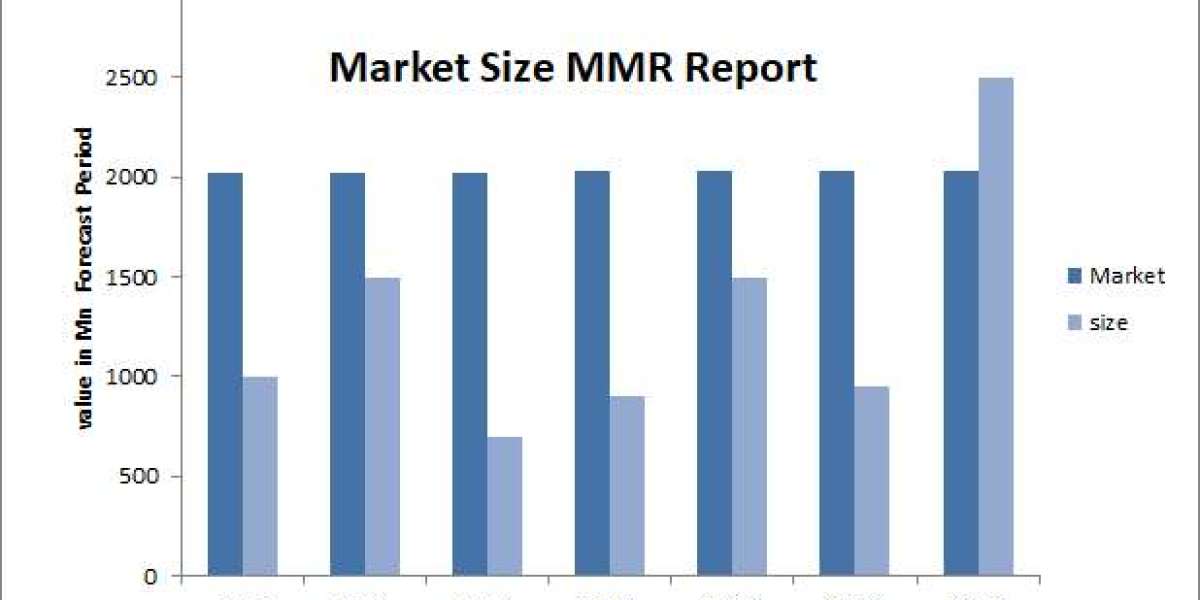Gynecomastia is a common condition characterized by the enlargement of male breast tissue. It can affect males at various stages of life, from newborns and adolescents to older adults. This condition, while benign, can cause physical discomfort and emotional distress. Understanding the causes and available treatment options is essential for those considering or seeking Gynecomastia Surgery in Riyadh (شد البطن في الرياض).
Understanding Gynecomastia: What Is It?
Gynecomastia refers to the abnormal growth of glandular breast tissue in men caused mainly by an imbalance in the hormones estrogen and testosterone. This imbalance leads to the development of breast tissue, which can be unilateral (affecting one breast) or bilateral (both breasts). It is distinct from pseudogynecomastia, which involves fat accumulation in the chest area without glandular proliferation.
Key Points:
Results primarily from hormonal imbalance.
Can cause breast tenderness and swelling.
Psychological impact can be significant, affecting self-confidence.
Causes: Why Does Gynecomastia Occur?
Several factors can disrupt the natural balance of hormones, leading to gynecomastia. These causes are broadly classified into physiological, medical, medication-induced, and lifestyle-related factors.
Hormonal Changes
Physiological Gynecomastia: This type occurs naturally during periods of hormonal fluctuation, such as infancy, puberty, and aging. For most adolescents, gynecomastia resolves on its own within two to three years as hormone levels stabilize.
Hormonal Imbalance: Increased estrogen or decreased testosterone can stimulate breast tissue growth.
Medical Conditions
Some underlying health issues can cause or contribute to gynecomastia by affecting hormone levels, including:
Hypogonadism: Conditions that reduce testosterone production.
Liver diseases: Such as cirrhosis, which alters hormone metabolism.
Kidney failure: Patients undergoing dialysis may develop it.
Thyroid problems: Hyperthyroidism can disrupt hormonal balance.
Tumors: Tumors in the testes, adrenal glands, or pituitary gland can secrete hormones influencing breast tissue growth.
Malnutrition or starvation: Lowers testosterone, causing a relative estrogen increase.
Medications and Substances
Several drugs and toxins are linked with gynecomastia as side effects due to their influence on hormones:
Certain blood pressure medications (such as spironolactone, calcium channel blockers).
Anti-androgens and estrogen therapies.
Antibiotics (e.g., metronidazole).
Recreational drugs like marijuana, heroin, and excessive alcohol.
Herbal products containing lavender or tea tree oils have also been implicated.
Other Causes
Obesity can contribute to increased estrogen from fat tissue, leading to pseudogynecomastia, though this involves fat rather than glandular tissue.
Symptoms and Diagnosis
Men with gynecomastia may notice:
Enlarged breast gland tissue.
Breast tenderness or pain.
Swollen nipples or nipple discharge (less common).
Asymmetry in breast size.
Diagnosis typically involves a clinical examination and may require imaging or blood tests to rule out underlying conditions.
Treatment Options for Gynecomastia in Riyadh
Treatment depends on the cause, duration, severity, and patient concerns. Many cases of physiological gynecomastia resolve without intervention. However, persistent or distressing cases may require medical or surgical treatment.
Observation and Reassurance
For adolescents and those with recent onset, monitoring over 6-12 months is often recommended, as hormone levels may normalize spontaneously.
Medical Treatments
If gynecomastia results from an underlying disease or medication, addressing these causes is vital. Some pharmacologic options include:
Selective Estrogen Receptor Modulators (SERMs) like tamoxifen, used early in the course to reduce breast tissue size and tenderness.
Testosterone replacement in cases of hypogonadism.
Surgical Intervention
When gynecomastia is long-standing, causes psychological distress, or does not respond to medical treatment, surgery may be considered. Procedures include:
Removal of glandular tissue and excess fat, often through liposuction or excision.
Surgery aims to restore a more typical male chest contour, improving aesthetics and self-esteem.
In Riyadh, expert surgical options are available through specialized clinics, providing safe, effective, and advanced techniques.
Psychological and Social Impact
Gynecomastia can severely affect a man's self-image and confidence, potentially leading to anxiety, depression, and social withdrawal. Addressing the emotional aspects is an essential component of comprehensive care.
Maintaining Chest Health After Treatment
Post-treatment care includes:
Following surgeon’s recommendations to promote healing.
Lifestyle adjustments to maintain healthy weight and hormonal balance.
Regular follow-ups to monitor for any recurrence.
Frequently Asked Questions (FAQs)
What is the main cause of gynecomastia in men?
Gynecomastia primarily results from an imbalance between estrogen and testosterone levels, causing breast gland tissue to grow.
Can gynecomastia go away without surgery?
Yes, especially in adolescents and cases caused by temporary hormonal changes; gynecomastia often resolves within several months to a few years.
Is gynecomastia surgery painful?
Surgical techniques today are designed to minimize pain, with anesthesia used during the procedure and pain management strategies post-surgery.
Are there non-surgical treatments available for gynecomastia?
Yes, medical therapies like hormone modulators may help reduce breast tissue size if started early, but surgery remains the definitive treatment in persistent cases.
If you or someone you know is seeking professional treatment for gynecomastia, consider the expert care available at Royal Clinic Saudia. Their team offers personalized consultations and advanced solutions to help you regain confidence and comfort. Contact Royal Clinic Saudia today to schedule your consultation and take the first step toward a new you.








